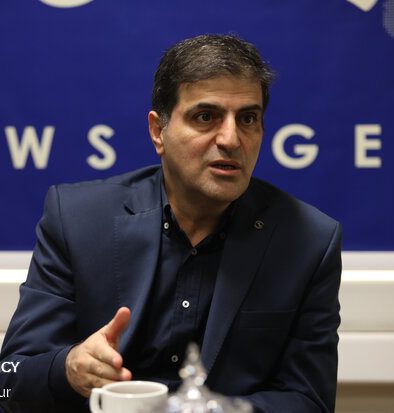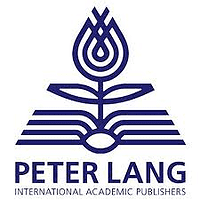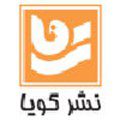Biography
Ali Salami, PhD, is an Iranian literary scholar, certified translator, and Associate Professor of English Literature at the University of Tehran.


Dr. Salami has conducted extensive research on Shakespeare, postcolonial literature, gender, and discourse. He has also gained international acclaim for his contributions to these areas of study, publishing in leading academic journals and delivering keynote speeches at international conferences.
In recognition of his scholarly achievements, Dr. Salami was appointed as a research scholar at the Folger Shakespeare Institute in Washington DC, where he continues to expand his research interests and collaborate with other leading scholars in the field.
Besides his academic pursuits, Dr. Salami has been an active advocate for human rights and social justice causes. He has been particularly vocal about the persecution of the Rohingya Muslim minority in Myanmar, bringing global attention to their plight and urging action from the international community to address this crisis.
Furthermore, Dr. Salami has made significant contributions to diplomacy and international relations. He played a key role in negotiating the removal of certain medical sanctions against Iran, leveraging his expertise and networks to foster better understanding and cooperation between different countries and cultures. Salami is also a certified translator.








